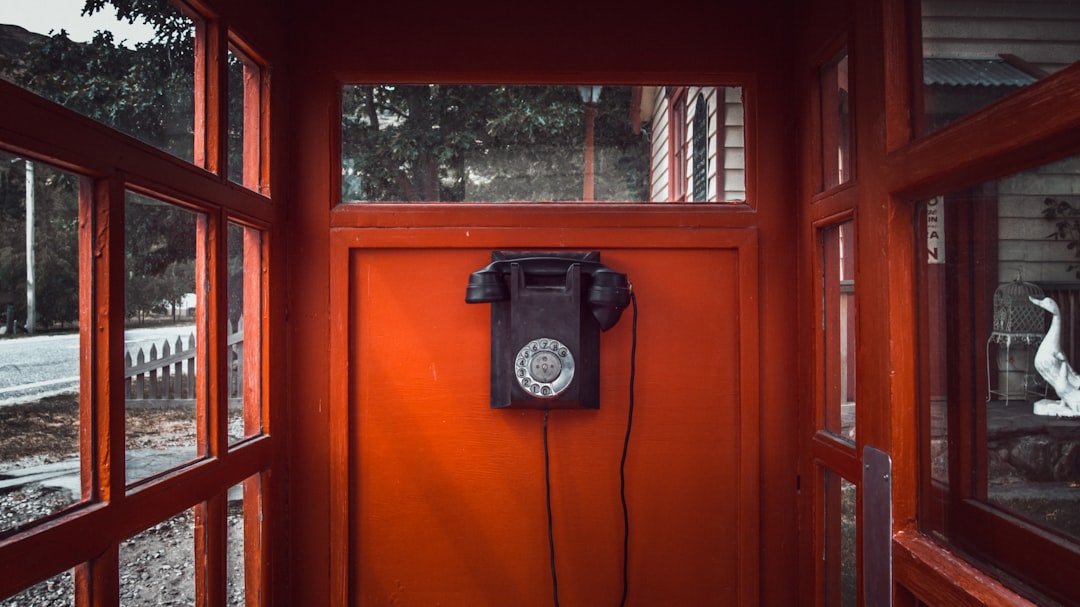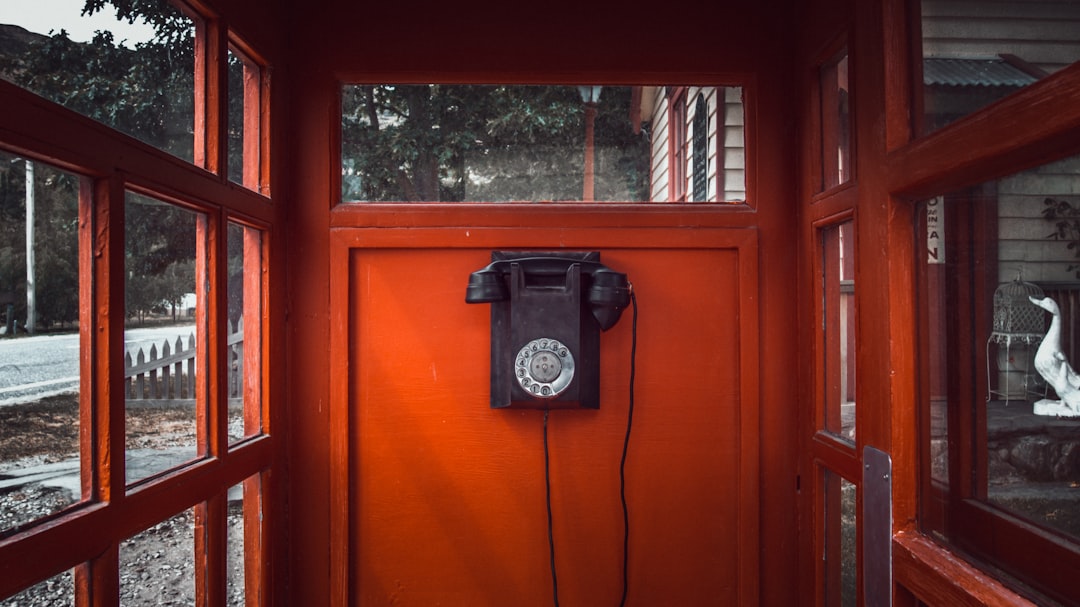Robocall attorneys in South Carolina are essential in combating the pervasive issue of unwanted and fraudulent automated phone calls. They help residents understand their rights under state's strict consumer protection guidelines, targeting misrepresentations, high-pressure sales tactics, and misleading advertising by telemarketers. Specializing in the Telephone Consumer Protection Act (TCPA) and state regulations, these attorneys assist consumers with complaints, lawsuits, and Do Not Call Registry registrations, ensuring businesses comply with legal frameworks to protect South Carolina residents from intrusive robocalls.
In the digital age, robocalls have become a ubiquitous yet often unwanted intrusion into daily life. This is particularly true for residents of South Carolina, where consumer protection laws aim to balance individual privacy with legitimate business practices.
This article explores the intricate connection between robocalls and these laws, delving into the impact on consumers, the legal landscape in SC, and the crucial role played by robocall attorneys in navigating this complex issue. Discover strategies and solutions employed by these experts to protect South Carolina residents from intrusive automated calls.
Understanding Robocalls and Their Impact on Consumers in South Carolina
Robocalls, automated phone calls often delivering pre-recorded messages, have become a ubiquitous part of modern life in South Carolina and across the nation. While they can be used for legitimate purposes like political campaigns or market research, robocalls are frequently associated with fraudulent or unwanted activities. In South Carolina, consumers face various types of robocalls, from scam artists posing as government agencies to marketing calls offering unrealistic deals. These calls can cause significant distress, wasting the recipient’s time and potentially leading to financial loss or identity theft.
The impact of robocalls on consumers is profound, especially when considering privacy concerns and the potential for deceptive practices. Unwanted robocalls can be a nuisance, prompting many South Carolina residents to seek protection and relief. Here, consumer protection laws play a crucial role, with regulations designed to curb excessive or misleading phone marketing and give consumers control over their communication preferences. Robocall attorneys in South Carolina assist individuals in understanding their rights and navigating the legal aspects of dealing with harassing or fraudulent robocalls, ensuring that businesses adhere to the state’s strict consumer protection guidelines.
Consumer Protection Laws in SC: A Comprehensive Overview
In South Carolina, consumer protection laws are a crucial set of regulations designed to safeguard residents from unfair, deceptive, or fraudulent practices in various transactions. These laws cover a wide range of interactions, including those with businesses engaging in telemarketing and robocalls. Robocall attorneys in South Carolina play a vital role in ensuring these laws are upheld and that consumers’ rights are protected against automated phone marketing tactics.
The state’s consumer protection legislation aims to prevent companies from making misrepresentations, using high-pressure sales techniques, or engaging in any form of misleading advertising. When it comes to robocalls, this includes restrictions on pre-recorded messages without the caller’s clear and explicit consent. Consumers have the right to peace and quiet during unwanted calls, and robocall attorneys help enforce these rights by providing legal counsel and representation against violators.
The Legal Framework for Dealing with Unwanted Robocalls
In South Carolina, like in many other states, unwanted robocalls are a persistent issue that has led to the implementation of robust consumer protection laws. These laws are designed to safeguard citizens from intrusive and fraudulent automated telephone calls, often used for marketing or debt collection purposes. The Legal Framework for dealing with these unwanted calls includes a range of provisions under the Telephone Consumer Protection Act (TCPA) and state-specific regulations. Robocall attorneys in South Carolina play a crucial role in helping consumers navigate these complex legalities.
Consumers have several avenues to combat robocalls, including filing complaints with regulatory bodies like the Federal Communications Commission (FCC) and seeking legal recourse through lawsuits or regulatory actions. Robocall attorneys specialize in interpreting and enforcing these laws, providing guidance on whether certain calls are permissible or constitute violations. They assist clients in understanding their rights, negotiating with callers, and, if necessary, representing them in court to ensure compliance with consumer protection laws related to robocalls.
Roles of Robocall Attorneys in South Carolina: Strategies and Solutions
In South Carolina, robocall attorneys play a crucial role in protecting consumers from deceptive and harassing phone calls. These legal professionals specialize in navigating the complex landscape of consumer protection laws and have an in-depth understanding of how to handle robocalls effectively. Their expertise lies in analyzing and interpreting state regulations regarding telemarketing practices, ensuring that businesses comply with the rules set forth by the Federal Communications Commission (FCC) and South Carolina’s Attorney General’s Office.
Robocall attorneys employ various strategies to combat these nuisance calls. They assist consumers in registering on the Do Not Call Registry, a powerful tool to restrict automated calls. Additionally, they offer legal advice on sending cease and desist letters to telemarketers, providing clear communication that such calls are unwanted. These attorneys also help clients understand their rights, including the ability to seek damages for violations of consumer protection laws. By combining legal knowledge with an understanding of emerging technologies, robocall attorneys in South Carolina provide essential solutions to protect residents from intrusive and fraudulent robocalls.






